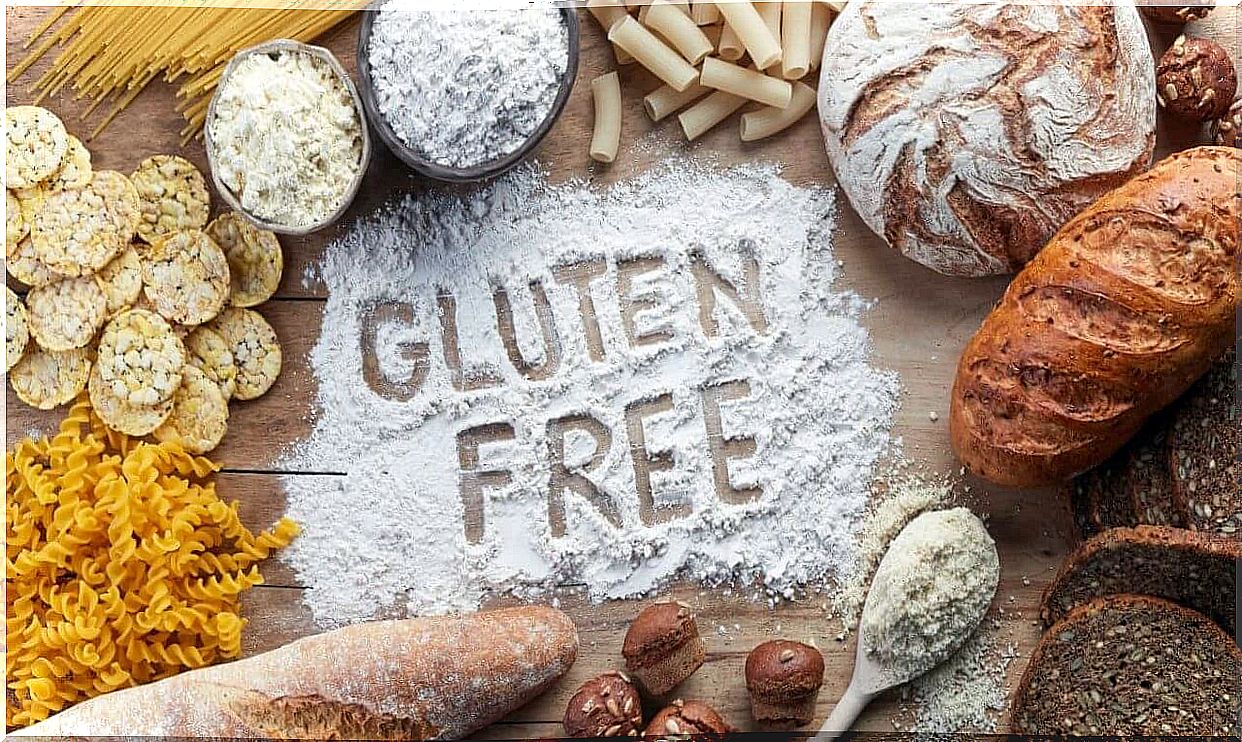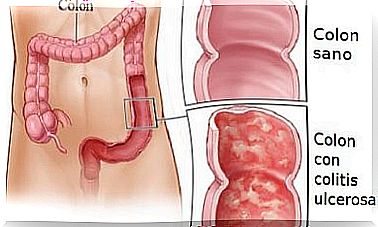Eating Gluten-free, Myths And Facts
There are a large number of edible products that bear the phrase “gluten-free” on their labels, which gives the consumer the idea that eating gluten-free is beneficial. For this reason, we may have heard of someone who has suddenly decided to purchase only products with this labeling.
Around gluten-free diets there are all kinds of myths that, when we analyze them closely, we realize that they pose various health risks and that the benefits are uncertain. It should be noted that such analysis is not intended to cause alarm but rather to create awareness.
Common sense when selecting, buying and consuming is essential and, therefore, we must learn to maintain it.
What is gluten?
Gluten is a protein found in foods containing wheat, barley, or rye, which can affect people with celiac disease, non-celiac gluten sensitivity, and irritable bowel syndrome.
About 1% of the world’s population is sensitive to gluten. However, it has been observed that throughout the last decade the adoption of gluten-free diets by people who do not need it at all has become more and more frequent.

Gluten-free foods are increasingly present in supermarkets. The perception of a harmful effect of gluten is related to advertising and marketing, creating the idea that eating gluten free is beneficial for everyone equally.
The scientific literature discards this idea, advising that only those people who have a pathology that conditions the metabolism of said protein consume gluten-free products.
Eating gluten-free does not represent being healthier
In a study conducted in Australia, there was no evidence of any nutritional advantage of gluten-free foods versus gluten-containing foods.
Gluten-free foods do not have a differential advantage that makes them nutritionally better than traditional foods.

Let’s now see the reality of eating gluten-free:
- First, foods labeled gluten-free may have other added ingredients, such as trans fats or sugars.
- Second, gluten-free foods can have the same or more calories, so by eating them (and excluding other foods at the same time) you will not lose weight.
- Gastric symptoms will decrease only in people who have gluten sensitivity.
- Finally, if you do not suffer from any sensitivity to this protein, these diets are most likely not for you.
Living gluten-free is not the solution
If you think that removing gluten from your diet will be the solution to health problems, you are wrong. It is not yet clear whether reducing gluten, rather than avoiding it, would be enough to control symptoms in patients with gluten sensitivity or irritable bowel syndrome.
When we remove gluten from our diet without being necessary, we can consume significantly less carbohydrates, fiber, folic acid, iron and calcium.
Some gluten-free foods can be higher in saturated fat and cholesterol, affecting cardiovascular health, as stated in a publication in the journal BMC .
Do not remove gluten from the diet without prior medical advice
- If you don’t have a gluten-related medical diagnosis, you don’t have to eat a wheat, barley, or rye-free diet.
- In the variety is the success of a healthy diet.
- Include other cereals such as corn, spelled and rice without eliminating gluten, thus you will be able to maintain balance.
In short, eating a gluten-free diet without needing it can be risky for your health. Therefore, it is important not to succumb to the messages that product labels and advertising in general may send us.
If you have questions about how to eat a balanced diet, according to your needs, consult your doctor before making any changes. On the other hand, do not forget to resolve all your concerns with the professional, since he will know how to guide you in the correct way.








